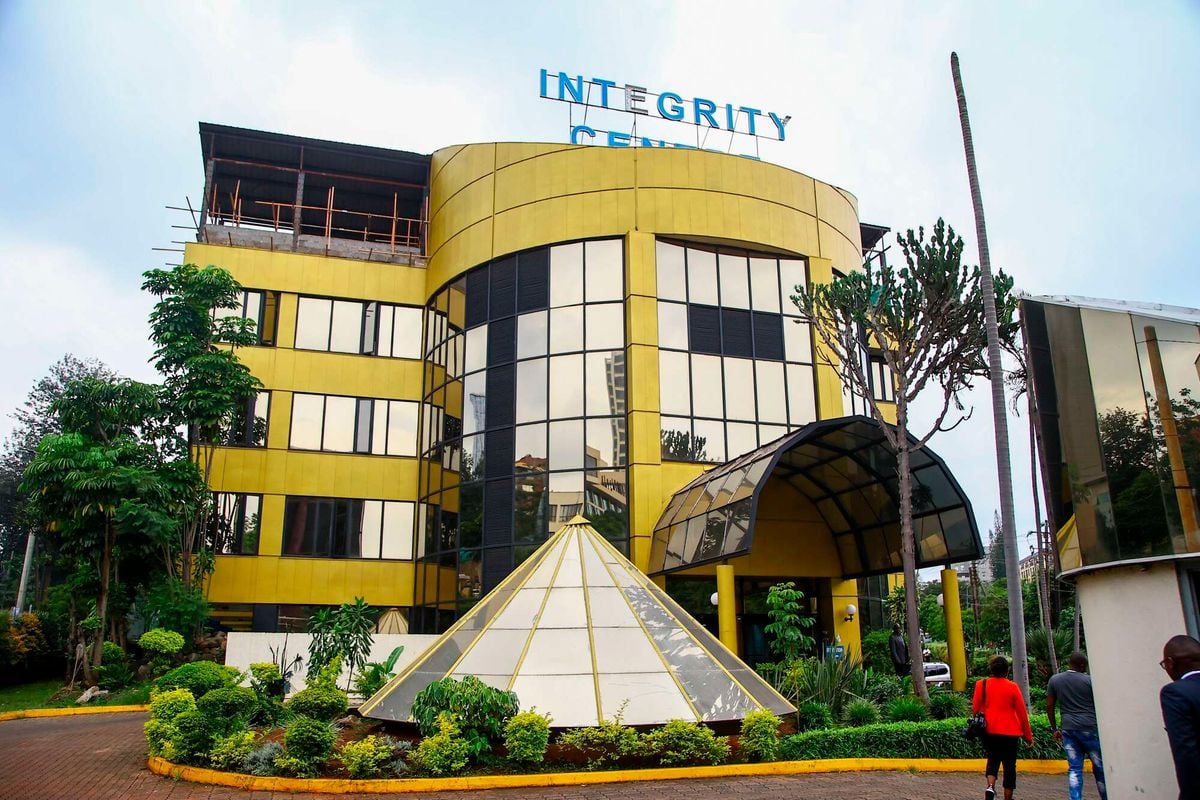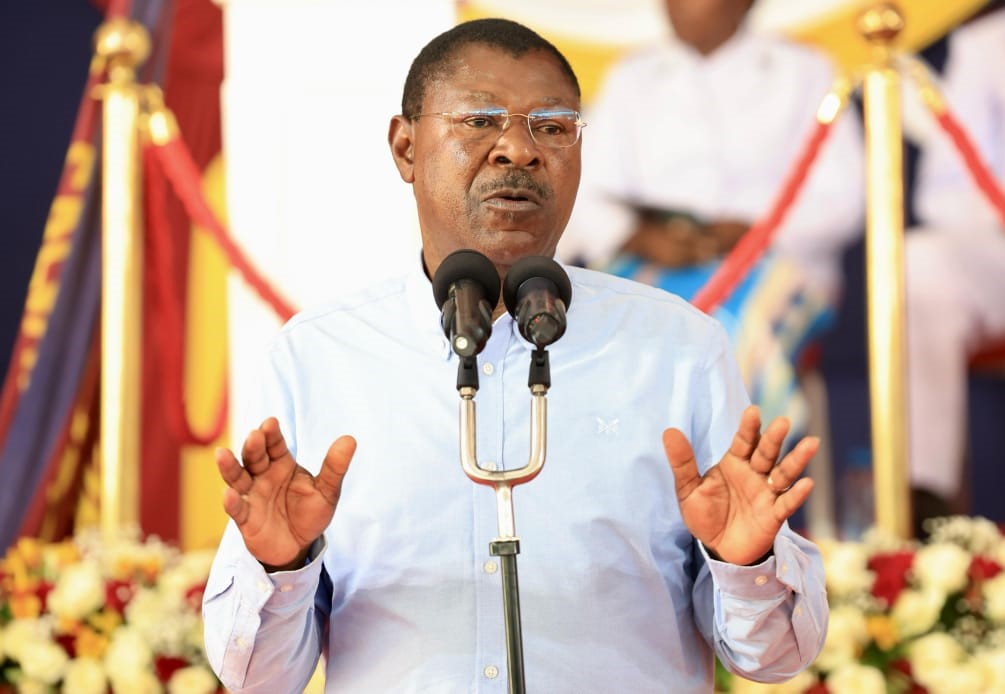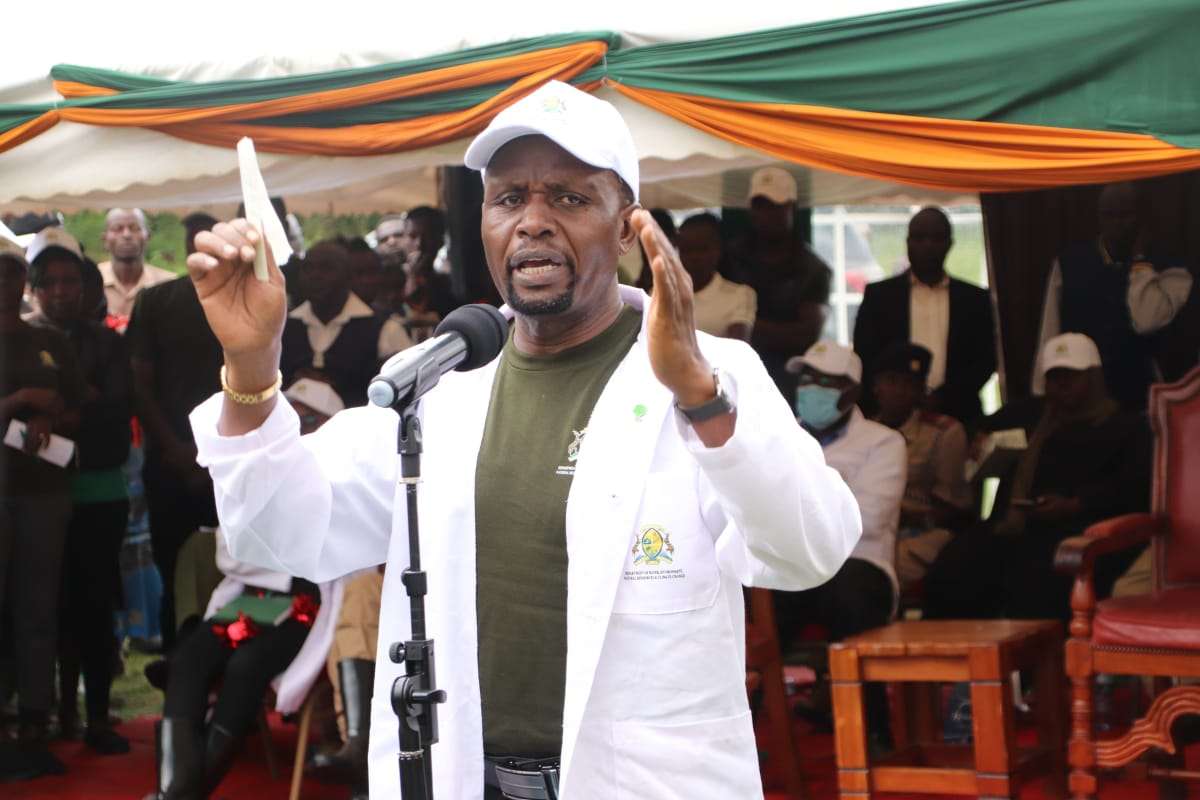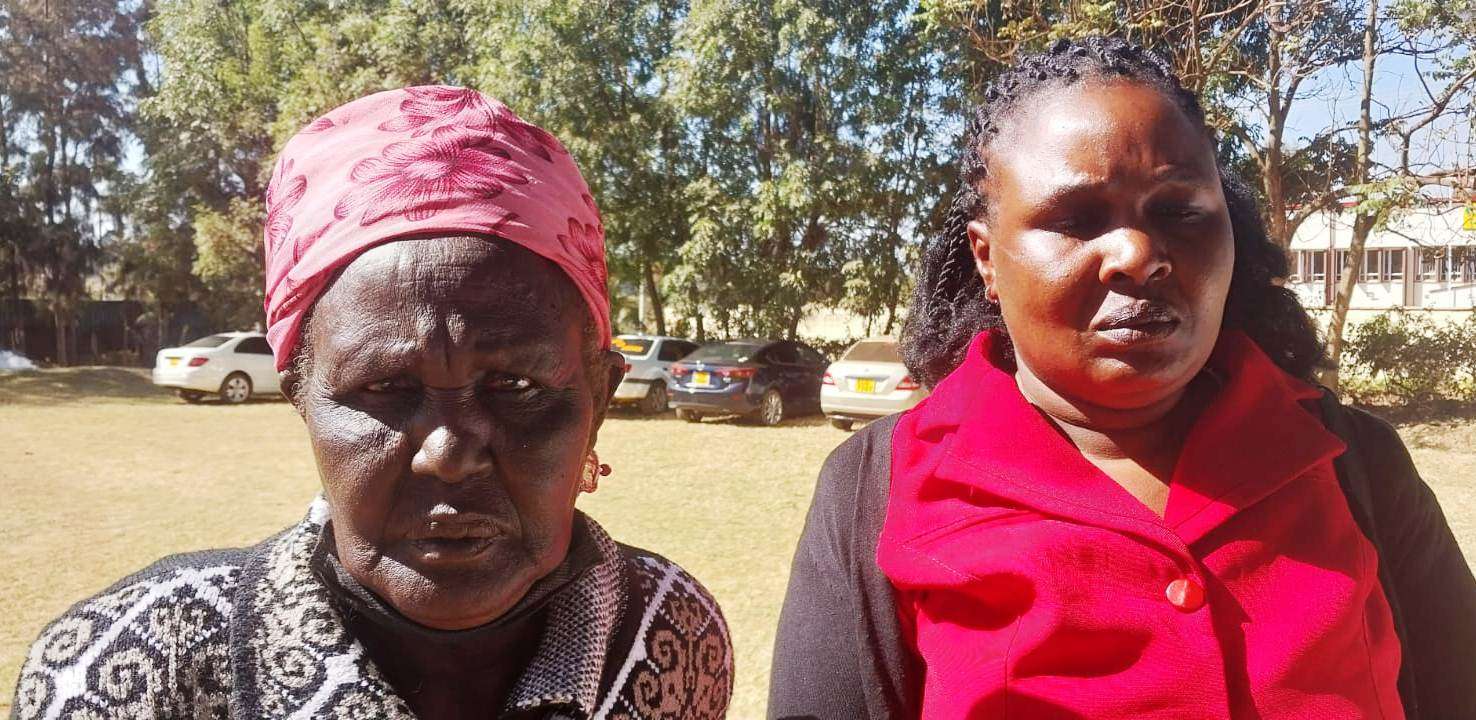By TWV Team
Kenya’s war against corruption has once again shifted focus to the counties. This comes after revelations that five sitting governors are under investigation by the Ethics and Anti-Corruption Commission (EACC). The probe, which also includes 11 former governors, points to entrenched graft in devolved governments. Offenses range from embezzlement to money laundering and unexplained wealth.
EACC Chief Executive Officer Abdi Mohamud confirmed that the cases are at an advanced stage. Files are set to be forwarded to the Office of the Director of Public Prosecutions (ODPP). While the announcement carries the weight of progress, it also raises questions about the Commission’s selective disclosure. Names were withheld, leaving the public guessing which county chiefs are under scrutiny.
According to Mohamud, the Commission has completed 89 high-profile cases in the past eight months. It has recommended prosecution in 82 of them. Yet Kenyans remain sceptical. History has shown that many of these files gather dust once transferred to the ODPP. Protracted trials and eventual acquittals erode public confidence. The perception that corruption cases end in publicity rather than punishment is only deepening.
The EACC cites the recovery of Sh600 million worth of properties and Sh105 million in cash this year, alongside the prevention of a potential Sh7.2 billion loss. On paper, these are victories. In reality, they barely scratch the surface of Kenya’s multibillion-shilling corruption problem. Asset recovery often lags far behind the scale of theft, with stolen money quickly dissipated through elaborate laundering schemes.
Devolution, once celebrated as a pathway to equitable development, now risks being remembered as a decentralisation of corruption. From inflated tenders to ghost projects, county governments have become fertile ground for looting. The fact that both current and former governors are facing allegations underscores how impunity transcends electoral cycles.
Mohamud pointed to the newly enacted Conflict-of-Interest Act, 2025, as well as amendments to existing anti-corruption laws, claiming these will tighten accountability. Yet without political will and a cooperative justice system, even the strongest laws risk becoming symbolic gestures. The Commission’s own admission that Kenyans, especially the youth, believe corruption is worsening highlights the gap between law-making and law enforcement.
By urging greater collaboration among justice institutions, the EACC CEO subtly acknowledged the bottlenecks hampering the anti-graft war. Investigations may be completed, but prosecutions stall, witnesses disappear, and evidence is compromised. The cycle allows the accused to reclaim political office while cases drag on in court.
Behind the official numbers and press statements lies a deeper reality: corruption remains deeply embedded in Kenya’s governance structures. County bosses and national leaders alike continue to exploit systemic weaknesses, while watchdogs struggle to keep pace. The EACC’s silence on names may reflect due process, but it also fuels suspicion of political shielding.
For ordinary citizens, the message is bitterly familiar. Billions are lost, a handful recovered, and the promise of accountability remains elusive. Until the tide of impunity is broken, Kenyans will continue paying the price for leaders who treat public office as a private treasure chest.





